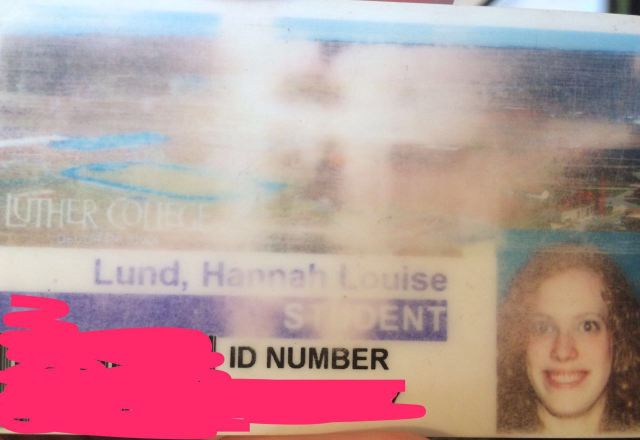(下面有中文版)
It may seem like a no-brainer to bring along a water bottle when traveling, but when traveling in China, you should make that a thermos. You know, the hot water container. It’s not that China doesn’t have cool water (that would be pretty weird, huh?) but that the culture is accustomed to drinking hot water. “You mean tea?” you might say. No, I’m talking about plain hot water. Tea is an entirely different matter altogether.
Why bring this up? Because if you’re from outside of China, you might be expecting to find drinking fountains everywhere. You won’t find them in China, and if you do, I wouldn’t recommend drinking the water. That’s where a thermos comes in handy! See, in lieu of drinking fountains, there are hot water machines. EVERYWHERE. All trains, major transportation hubs, hotels, schools, and other places have them. Some are pretty basic, and some look like rejected robots from the Jetsons. The point is: if you bring a thermos with, you can drink lots of free water (and pop in some tea bags or instant coffee, too!)
What about hot summer days? Or, what if I just don’t want to drink a bunch of hot water? Well, the other alternative is honestly just buying water bottles from convenienve stores (usually 2 rmb, depending on the brand, but personally I can’t taste much of a difference so…no need to get super fancy). If you don’t like the idea of buying water bottles, then you can consider boiling water in your hotel, putting it in the fridge, and then drinking it. Or, best case scenario: if you’re staying in a nice-ish hotel, they often supply free water bottles in each room. You can just take them! But…make sure they’re actually free first.
If you’re going on a longer trip, and especially for train rides, though, I definitely recommend the handy dandy thermos. It doubles as a hand-warmer for cold weather, and it’s just an all-around staple in China.
Some useful Chinese:
保温杯 (bao wen bei) = Thermos (hot water bottle)
白开水 OR 热水 (bai kai shui OR re shui) = Boiled/hot water
矿泉水 (kuang quan shui) = Mineral spring water
我还是要喝冰水 (wo hai shi yao he bing shui) = I still want to drink cold water.
当然旅行者应该自己带一个杯子,但是在中国这个“杯子”应该换成“保温杯”就是为了喝热水。不是因为中国没有冰水(太奇怪了吧)就是因为这个文化习惯喝热水。(“你应该说‘茶’吧!”你说。不,我的意思就是白开水。茶就是完全另一件事情。
为什么要提呢?因为如果你不来自中国,你可能习惯看到公共饮水机,但是中国很少有。(而且说实话我不那么相信它们的卫生)。所以呢,保温杯会给你很大的帮助!中国可能没有饮水机,但是到处都有热水器,包括在火车上,交通核心,学校等等。有些热水器比较简单的,有的有点像《杰森一家人》被拒绝的机器人。主要是你带上保温杯,你随处都可以喝免费的水(也可以泡一杯茶,咖啡等)。
那如果是夏天呢?或者你就不愿意喝热水呢?其实你只能去超市买一瓶矿泉水(基本上两块钱,有些品牌比较贵,但是味道其实都差不多了)。如果你不那么喜欢买很多瓶水,你也可以在宾馆里烧水,然后把烧开的水放在冰箱里,然后放在你的杯子里。或者,如果你在稍微好点的宾馆,有可能你的房间里已经有几瓶水,免费的!就可以把它们拿走……但是你要先确定是否是免费的。
如果你的路线比较长的话,尤其是如果你要坐火车,我还是建议你带上自己的保温杯。它也可以当做你的热水袋,也是中国旅行路上的必需品。

